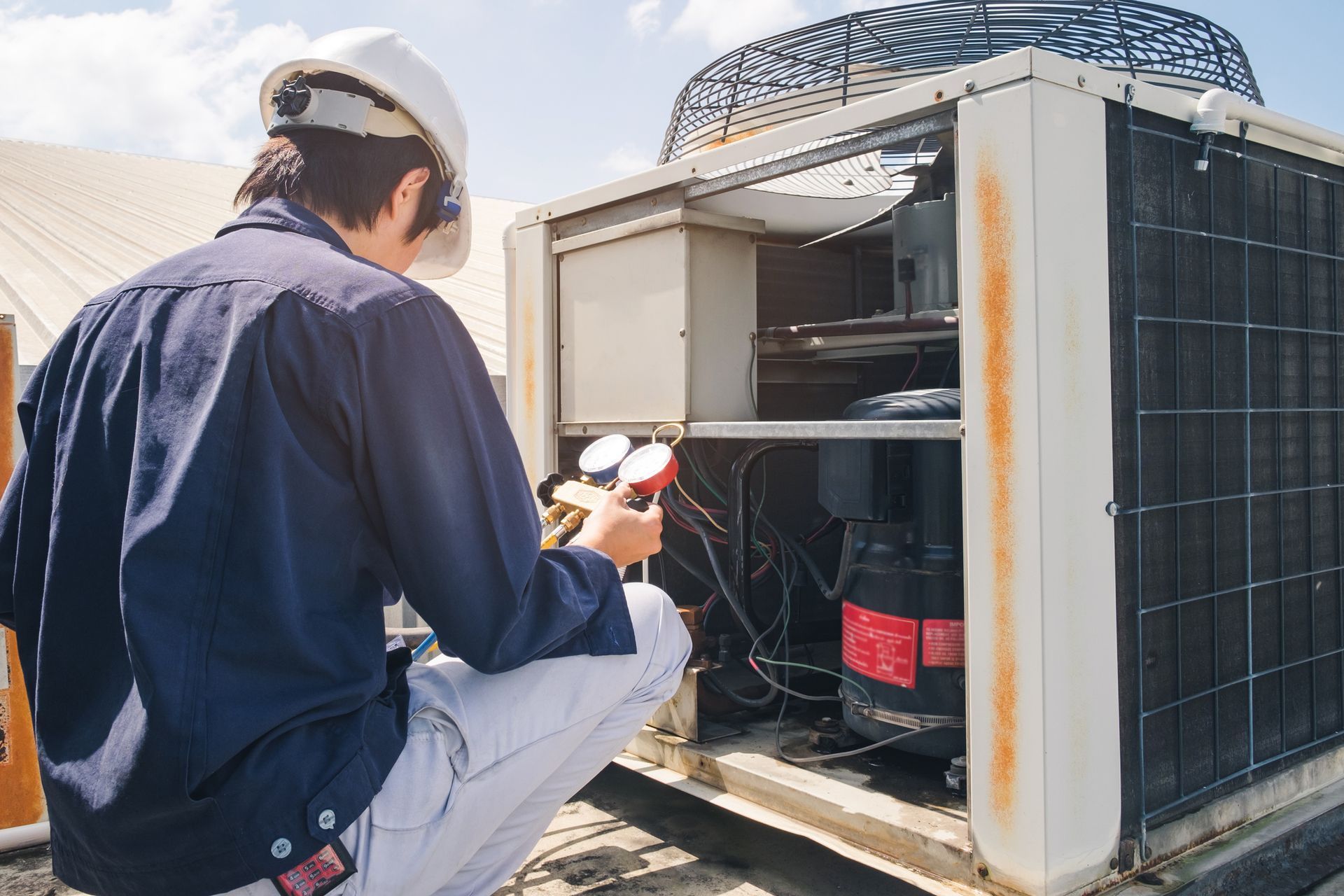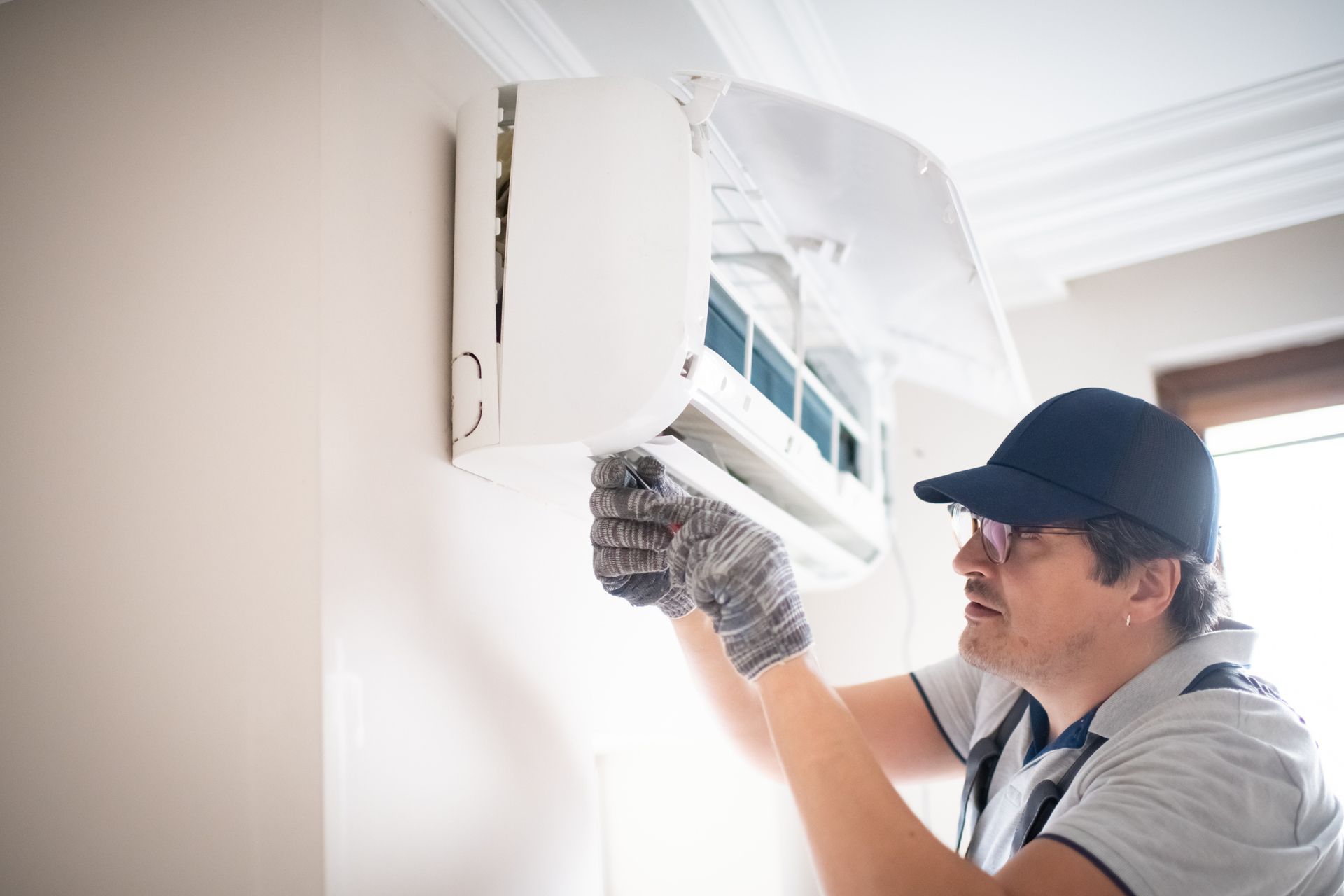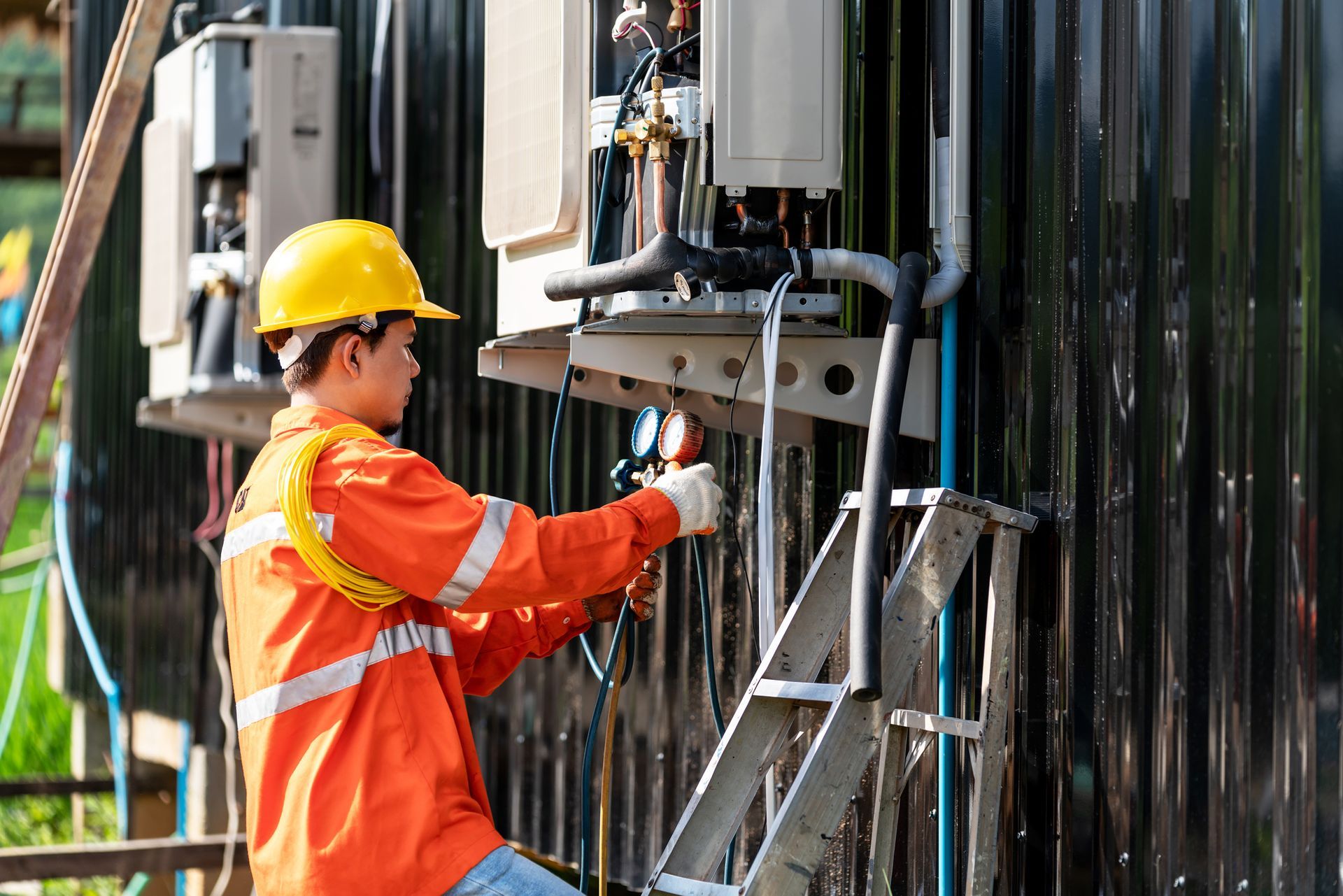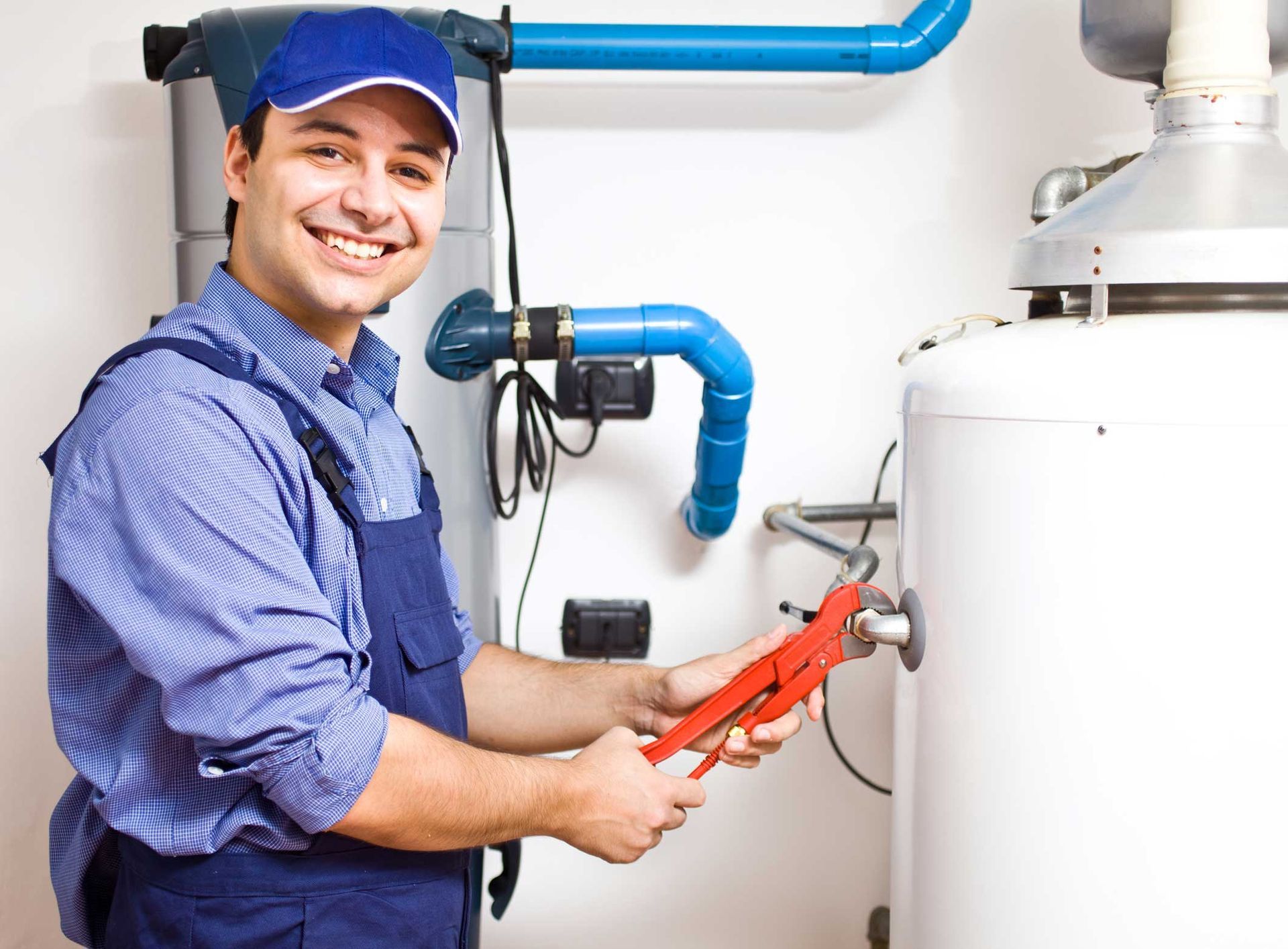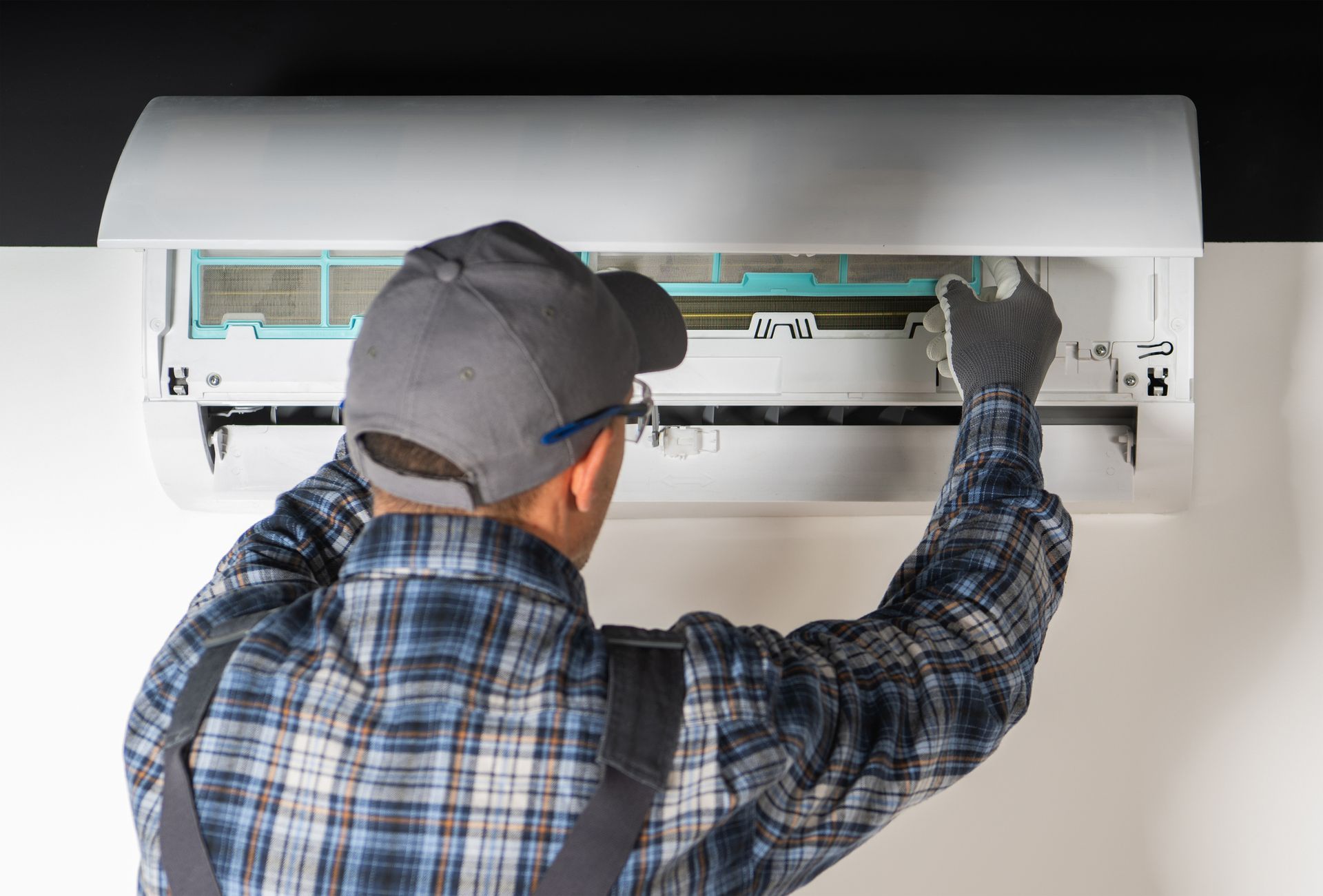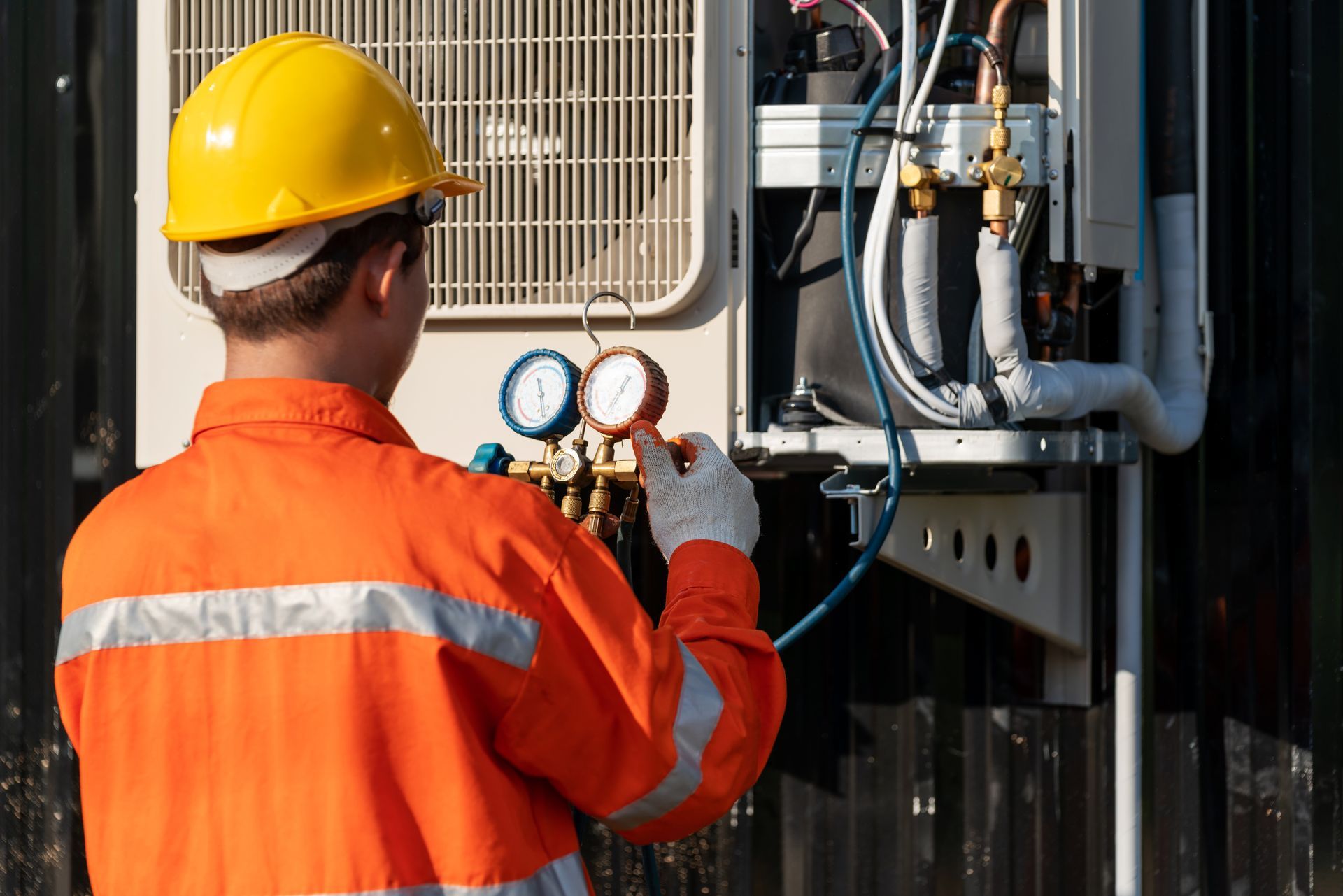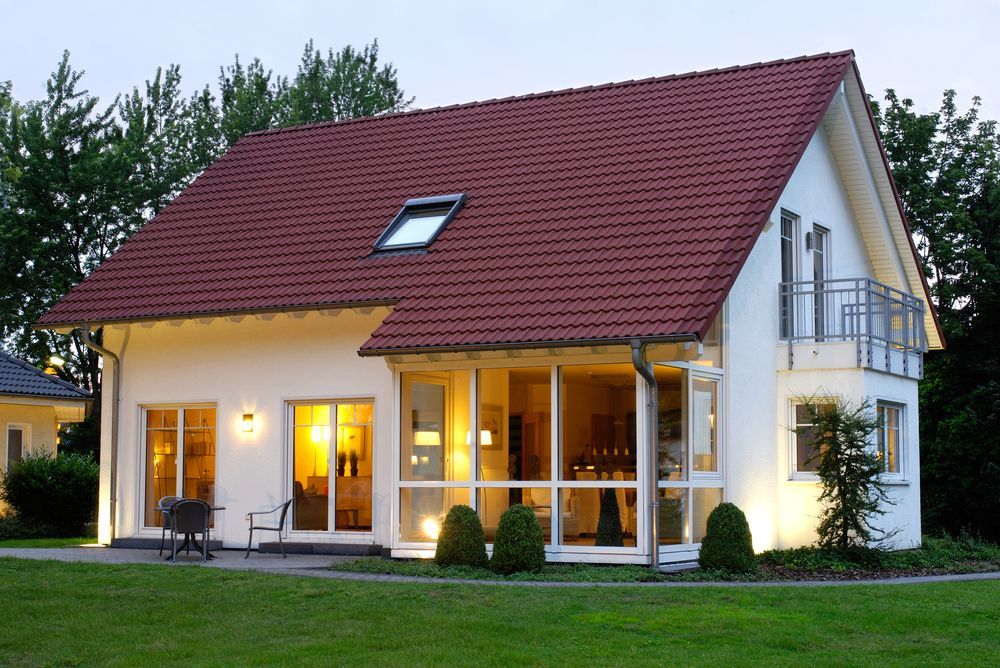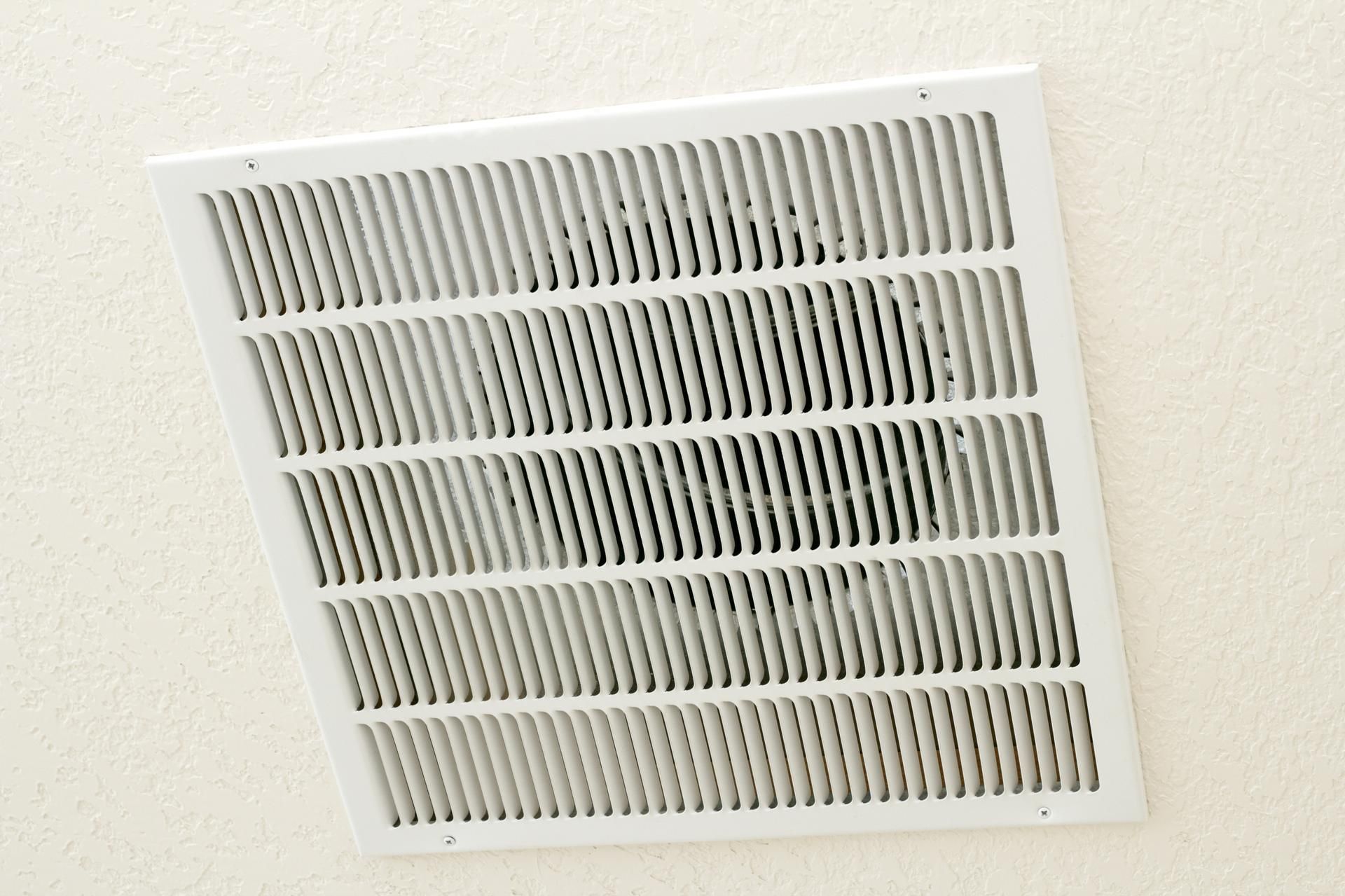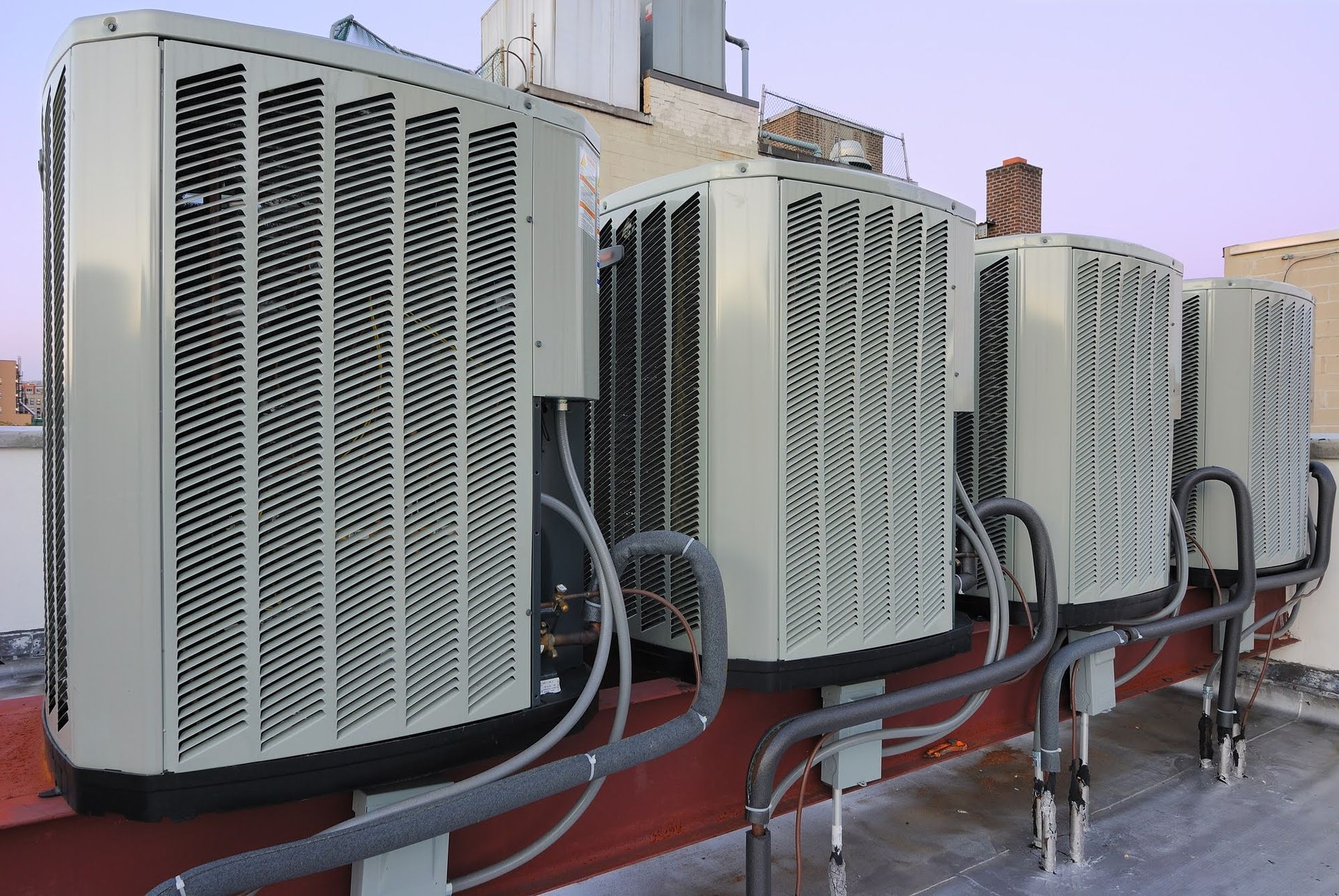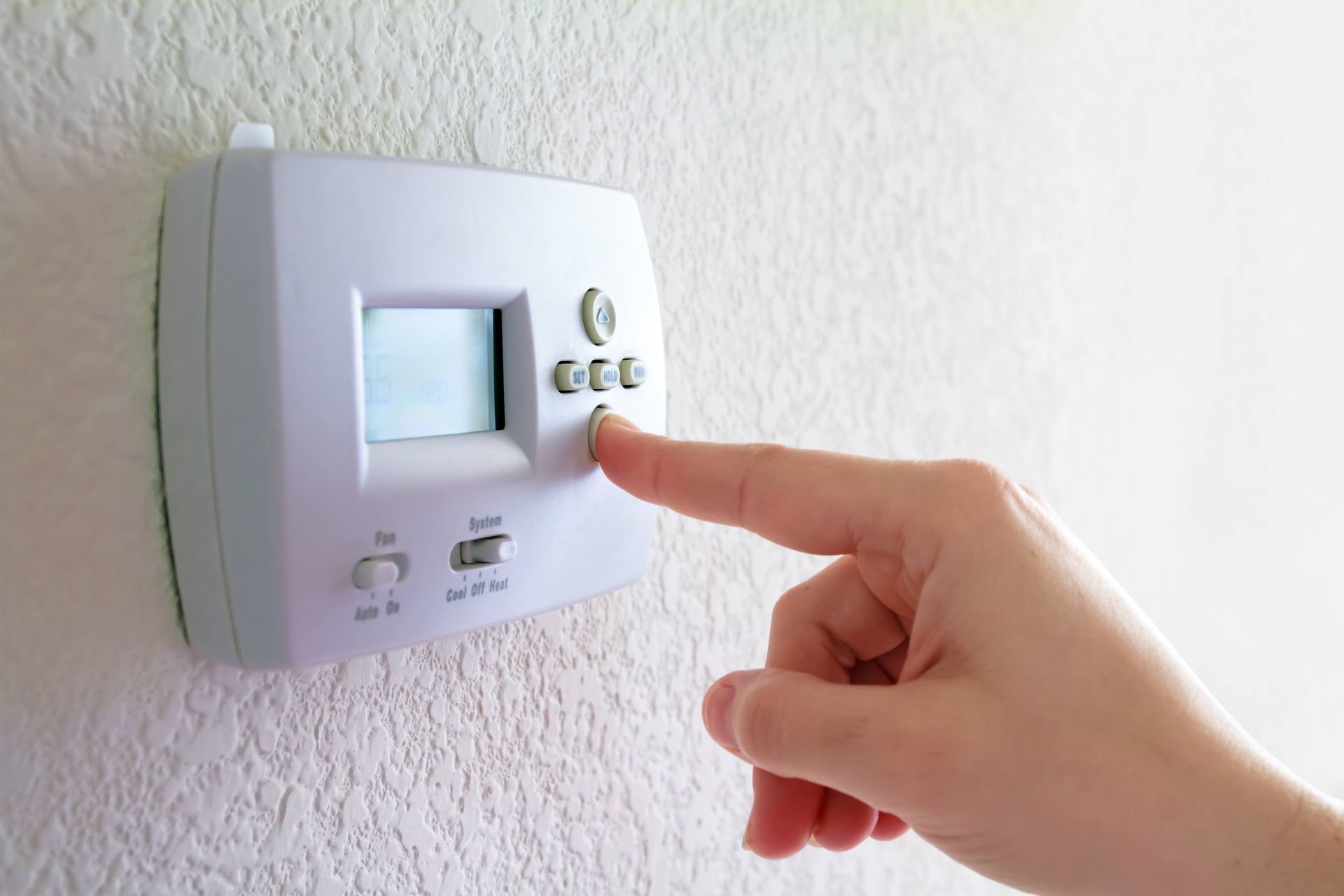Habits That Harm Your AC System
Air conditioning units are essential for maintaining a comfortable indoor environment, especially during the sweltering summer months. However, certain habits can inadvertently damage your AC system, leading to costly repairs and inefficient cooling. By understanding and avoiding these habits, you can extend the lifespan of your air conditioning unit and improve its overall performance.
Neglecting Regular Maintenance
One of the most harmful habits is neglecting regular maintenance. Your AC system requires periodic check-ups to function efficiently. Skipping these maintenance visits can lead to issues such as clogged filters, reduced airflow, and even compressor failure. It's crucial to schedule routine inspections and cleanings, ensuring that all components work optimally and any potential problems are addressed promptly.
Failing to Change Air Filters
Another common mistake many homeowners make is neglecting to change their air filters frequently enough. Over time, dirty or clogged filters can significantly restrict airflow, forcing your air conditioning system to work harder than necessary. This not only compromises the cooling efficiency of your AC unit but also leads to increased wear and tear on the system, ultimately resulting in higher energy bills. Additionally, when filters are not replaced regularly, they can become breeding grounds for allergens and pollutants, impacting indoor air quality. You should check and replace your air filters every one to three months, depending on factors such as usage, the presence of pets, and dust levels in your home, to minimize this issue. By staying proactive about filter maintenance, you can enjoy a more efficient cooling system and a healthier living environment.
Setting the Thermostat Too Low
Setting your thermostat too low is a habit that can strain your AC system. While it may be tempting to crank the temperature down on a hot day for immediate relief, doing so makes your unit work excessively harder to reach that temperature. A better approach is to set the thermostat to a reasonable temperature, typically around 75-78 degrees Fahrenheit, and allow the system to cool your space gradually.
Blocking Vents
Blocking air vents with furniture, curtains, or other objects can severely impede airflow within your home, creating a range of issues that can affect both comfort and energy efficiency. When vents are obstructed, your AC unit has to work significantly harder to circulate air throughout your living space, which can lead to uneven cooling and discomfort in various rooms. This increased workload not only impacts the overall effectiveness of your cooling system but also contributes to higher energy bills and increased wear and tear on the components of the air conditioning system. Over time, this can lead to costly repairs or even necessitate a premature replacement of the unit. You can save some additional work on your AC by regularly checking your vents, rearranging furniture if necessary, and being mindful of drapes or curtains that may inadvertently block airflow. By taking these simple steps, you can enhance your home's comfort while also extending the lifespan of your air conditioning system.
Running the AC with Windows Open
Running your air conditioning while keeping windows open is an ineffective habit that can lead to unnecessary energy usage and increased costs. When you condition outside air while allowing cooled indoor air to escape, it creates a significant strain on your HVAC system. Not only does this drive up your energy bills, but it also renders your efforts to maintain a comfortable indoor temperature futile. In addition to financial implications, this practice can also reduce the overall efficiency and lifespan of your air conditioning unit. It's important to remember that air conditioning systems are designed to work optimally when they can cool a sealed environment. Therefore, always make a point to close windows and doors tightly when using the AC. This simple action helps to maintain a cool and comfortable indoor environment while promoting energy efficiency, ultimately leading to a more sustainable and cost-effective cooling solution for your home.
Ignoring Odd Noises or Odors
Ignoring strange noises or odors coming from your AC system can have serious consequences. Uncommon noises may signal component issues, whereas unusual odors could point to electrical problems or mold development. Promptly investigate any alarming signs and contact a professional for repairs to prevent further damage and ensure your AC remains safe and functional.
Overloading the System with Heat-Generating Appliances
Using heat-generating appliances while your air conditioning system is operating can add unnecessary strain on the unit. Appliances like ovens, stovetops, and even high-powered computers can significantly elevate indoor temperatures, forcing your AC to work harder to maintain a comfortable atmosphere. To mitigate this effect, try to use these appliances during the cooler parts of the day, such as early morning or late evening. By strategically scheduling their use, you can enhance your AC's efficiency and save energy.
Being mindful of your air conditioning habits is vital for ensuring the longevity and efficiency of your system. By avoiding practices such as neglecting maintenance, failing to change air filters, setting the thermostat too low, blocking vents, running the AC with windows open, ignoring unusual noises or odors, and overloading the system with heat-generating appliances, you can greatly enhance your air conditioner's performance and reduce the likelihood of costly repairs. A proactive approach to caring for your AC unit not only contributes to a more comfortable indoor environment but also leads to significant energy savings. By implementing these tips, you can enjoy a cooler home while protecting your investment in your air conditioning system. Contact our team today to learn more.

